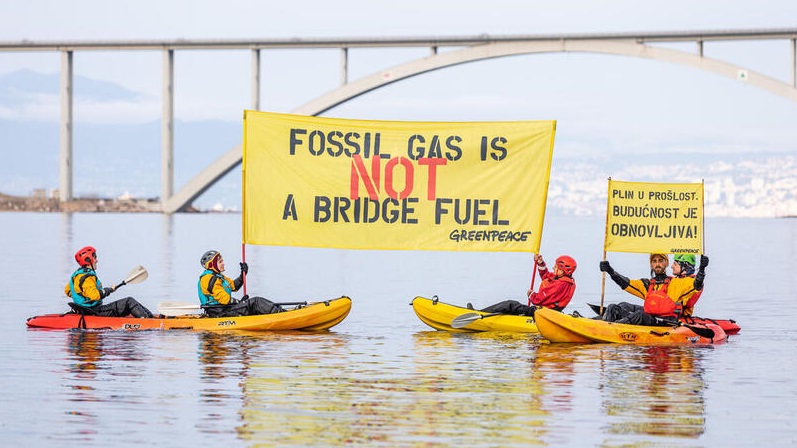Now Reading: Asia’s fossil-free future demands real transformation – not a false transition
-
01
Asia’s fossil-free future demands real transformation – not a false transition
Asia’s fossil-free future demands real transformation – not a false transition

Chuck Baclagon serves as the finance campaigner for 350.org in the Asia region. The continent is currently facing severe environmental challenges, such as extreme heatwaves in Central Asia and droughts impacting agriculture in Southeast and South Asia. These issues highlight the urgent need for action on the climate crisis, emphasizing that it is already affecting communities. The decisions made now will determine how Asia and the Pacific transition away from fossil fuels.
The Asian Development Bank (ADB) Annual General Meeting, happening in Milan, holds significant importance as a major source of development finance in the region. While the ADB has made progress by excluding direct investments in coal, the continued support for fossil gas projects raises concerns. Despite the ADB’s claim of transitioning away from coal, it still funds gas projects, which have adverse environmental impacts.
The shift from coal to gas is evident in countries like the Philippines, Bangladesh, and Indonesia, where gas projects are displacing communities and threatening ecosystems. Advocates argue that labeling gas as a transitional fuel is misleading, as it contributes to greenhouse gas emissions and hinders efforts to combat climate change. To achieve sustainable energy systems, investments should focus on decentralized renewables like solar and wind power, empowering communities and promoting a just transition.
Ensuring transparency in investment decisions and prioritizing grants over loans for climate-vulnerable regions are crucial steps in addressing climate injustice. By involving communities in decision-making processes and supporting renewable energy solutions, the ADB can contribute to a more sustainable future. The choices made now will shape the trajectory of climate action and determine the possibilities for the future.






